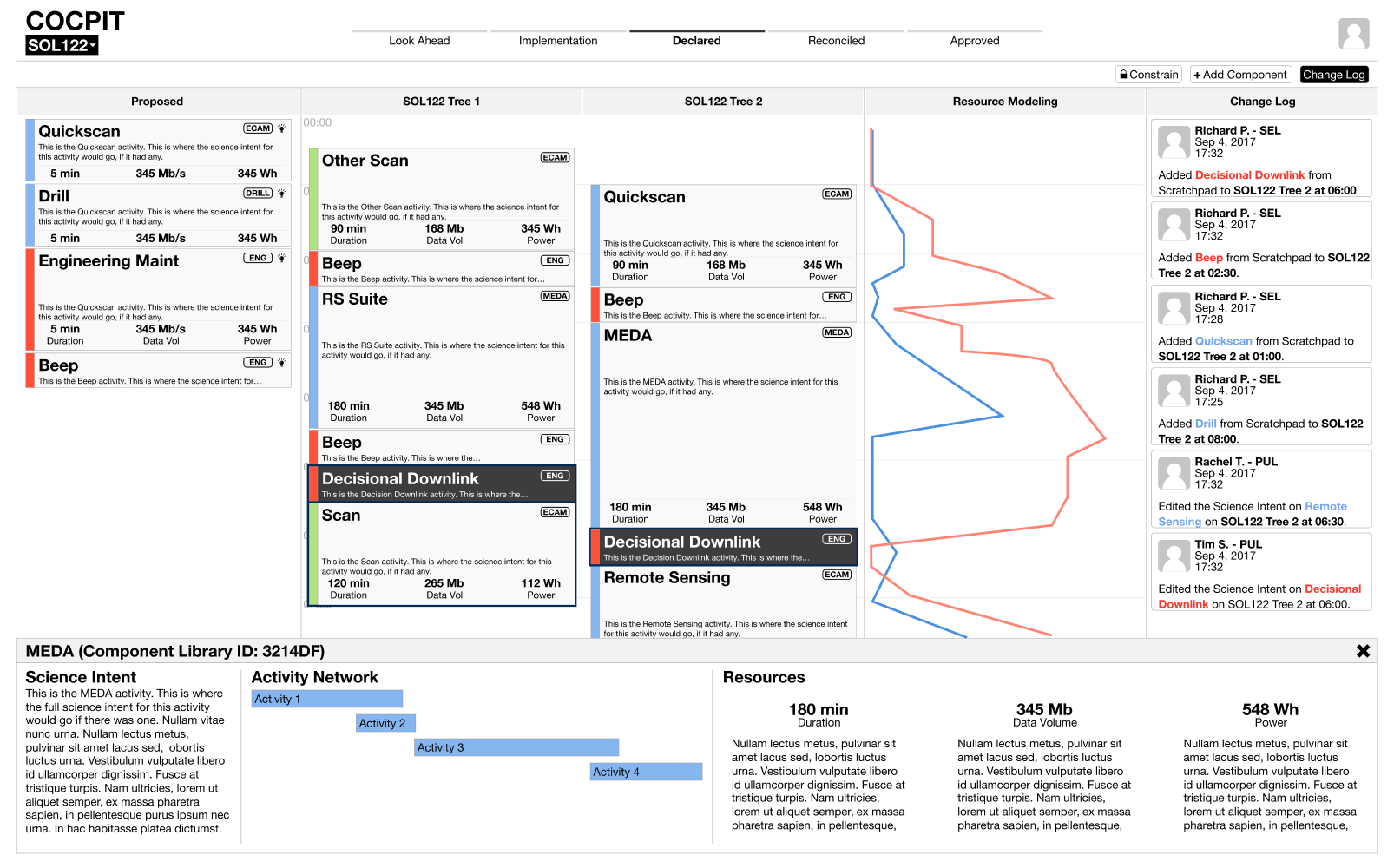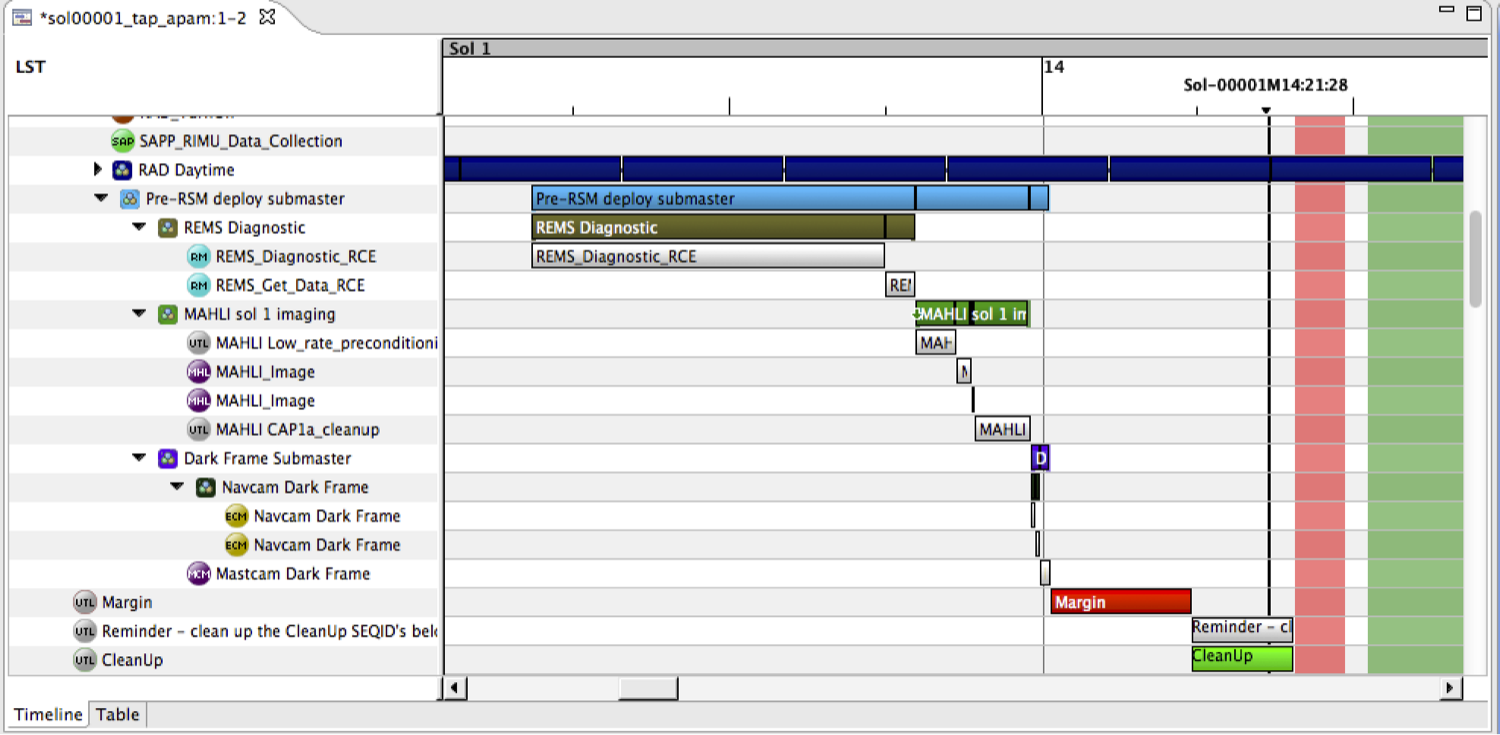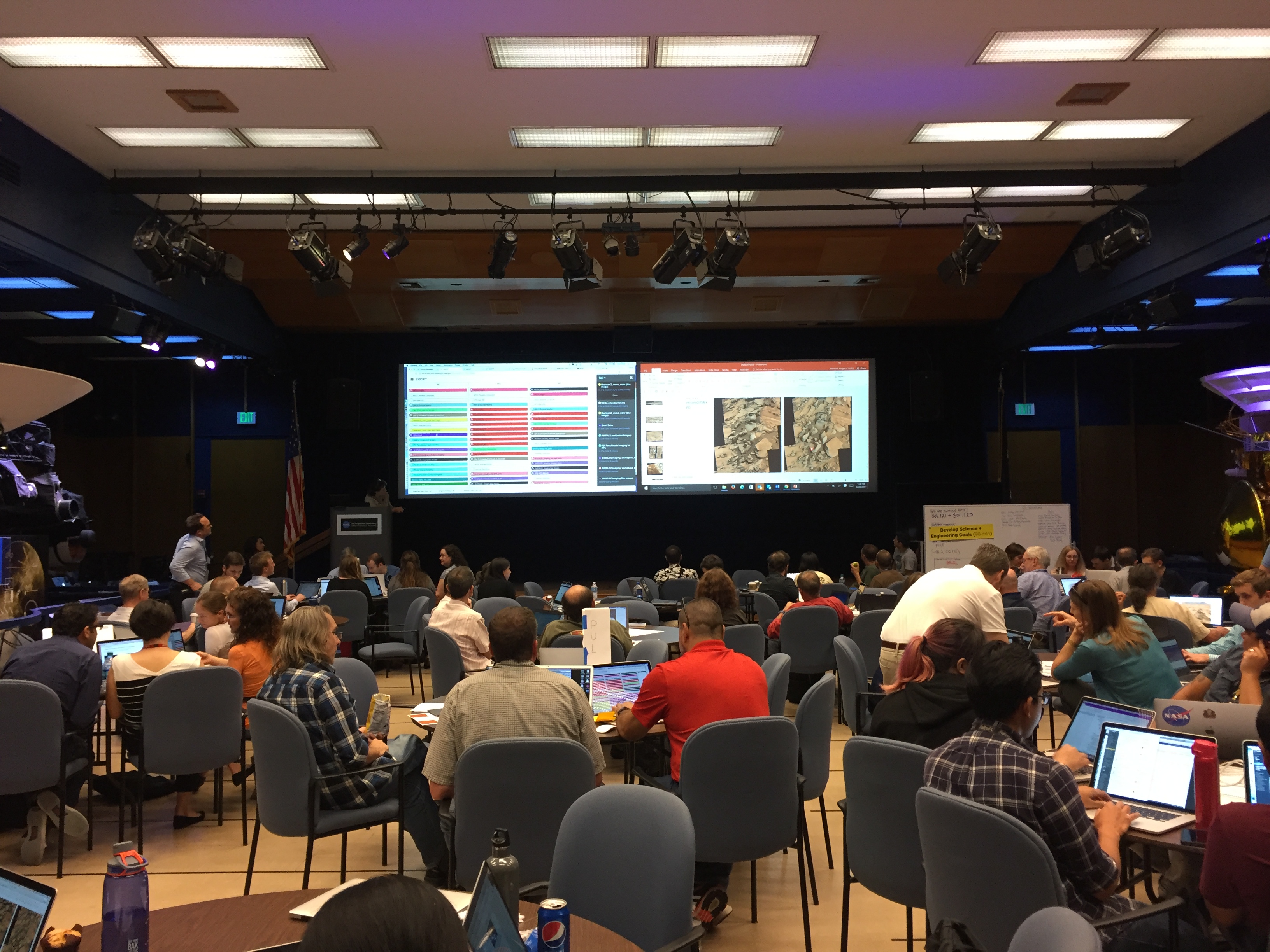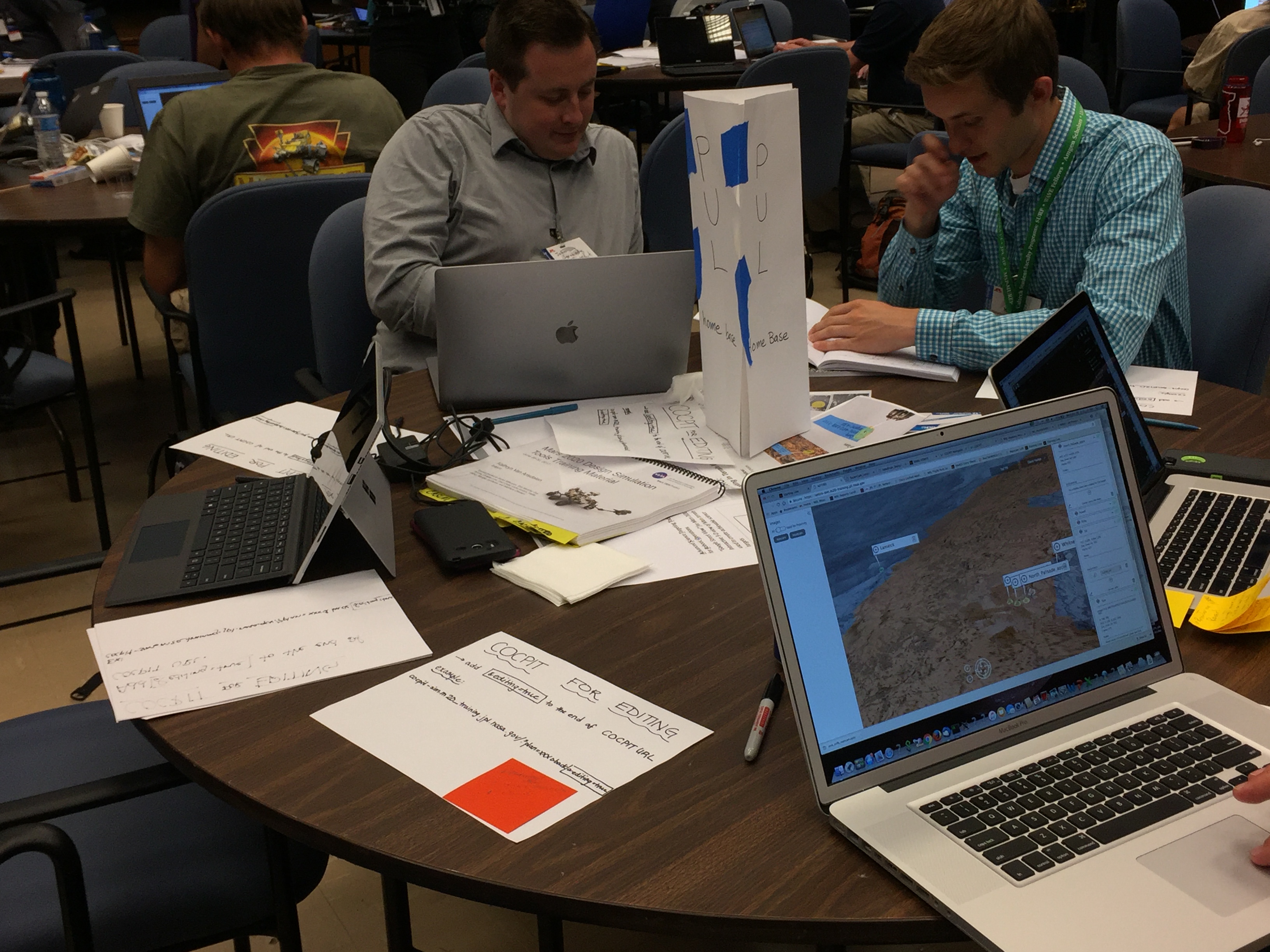Mars 2020 COCPIT
Mission planning for NASA’s latest Mars rover
Launched in July 2020, Mars 2020 Perseverance is NASA’s latest rover to explore Earth’s nearest neighboring planet. With a mission to look for signs of ancient life on the red planet, Perseverance improves on the hardware platform originally developed for Curiosity, whose planning software was also developed through a collaboration between NASA Ames Research Center and JPL nearly a decade ago. Just as the hardware for Perseverance has been upgraded, so too has the software. COCPIT, the software that handles Perseverance rover planning, is built upon the infrastructure of our team’s current planning tool, Playbook.
Role: Design Integrator
Contribution: UX/UI Design, Design Strategy, Systems Integration, Interaction Design, QA Testing
Team/Timeframe: NASA/Current




